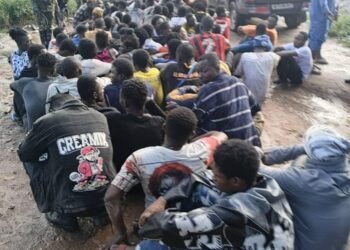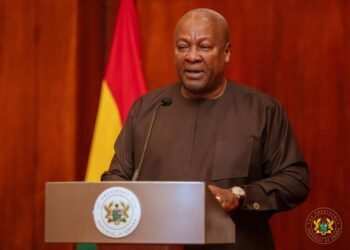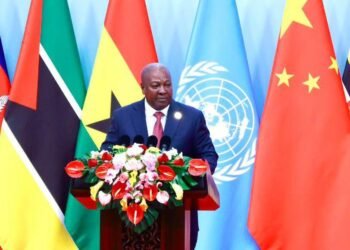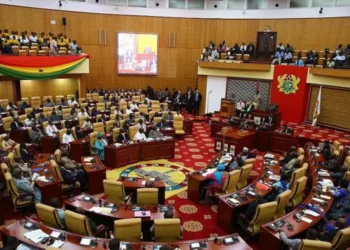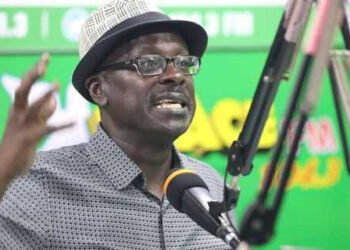In an effort to reconcile the democratic process with religious observance, the Seventh-Day Adventist Church has submitted petitions to the Electoral Commission and the Attorney General, requesting an amendment to the 2024 December 7 election date, which falls on a Saturday, a day it considers sacred for worship.
The church, in its initial plea to the Electoral Commission, recommended moving the elections from the conventional December 7 due to the conflict with the Sabbath, a holy day dedicated to the worship of God.
Proposing the first or second Tuesday as an alternative, the church aimed to promote inclusive democracy while respecting religious convictions.
Simultaneously, the Seventh-Day Adventist Church has taken additional steps by sending another petition to the Attorney General. This petition seeks an amendment to constitutional provisions that currently restrict the period for organizing parliamentary and presidential elections in Ghana.
While the church’s request is grounded in religious freedom and the desire for a more inclusive democratic process, not everyone agrees that changing the election date is advisable.
Professor Ransford Van Gyampo, a Political Science lecturer at the University of Ghana has cautioned against granting the request and further argued that accommodating such requests could set a precedent, leading to similar demands in the future.
The Political Scientist asserted that voting is a national duty but believes it should be a personal choice.
He posited that individuals should have the freedom to decide whether to participate in the electoral process or prioritize their religious obligations.
“So the point is that given that it is a secular state any day is fine. Otherwise, if we allow this tomorrow if election day is on Friday, Muslims will tell us that, well, they go to the mosque on Friday and go, we shouldn’t. If it falls on Sunday, you have a ponderance, the majority of Ghanaians are Christian, and they may say that it is going to disturb the day selected to worship their God.
“So long as the fundamental laws of the land say you’re a secular country, we should be careful not to allow all religious beliefs and sects to also come in making pleas and demands. Today it is SDA if it is granted, tomorrow it will be Harikrishnas, Muslims, and Christians and it creates a state of confusion and a state of factionalism in the body politics. It’s not something that we should encourage”.
Professor Ransford Van Gyampo
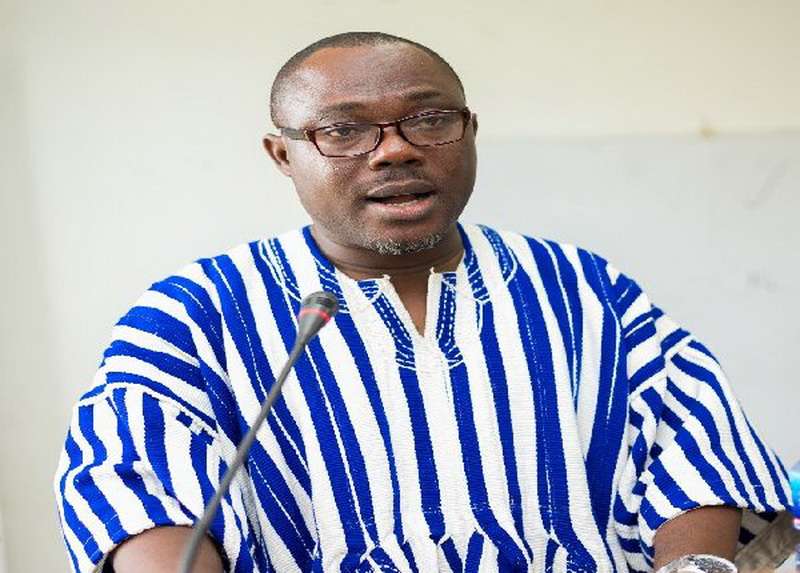
This perspective underscores the delicate balance between promoting democracy and respecting diverse religious practices.
In light of these contrasting viewpoints, there is a growing need for stakeholders, including representatives from the Electoral Commission of Ghana the Seventh-day Adventist Church, the Office of the Attorney General, the Peace Council and legal experts among other groups to engage in dialogue.
Such discussions could provide a platform for addressing the concerns raised by the Seventh-day Adventist Church while considering the broader implications on democratic processes and constitutional provisions.
Moreover, it is important to mention that the Seventh-day Adventist Church’s call for an amendment of the date of Ghana’s general elections highlights the importance of finding a harmonious solution that respects both democratic principles and religious freedoms.
All Stakeholders must therefore come together to navigate these complex issues, fostering an environment where citizens can freely exercise their rights without compromising their deeply held beliefs.
Engaging in open and respectful dialogue will contribute to finding common ground, promoting inclusivity, and upholding the principles of both democracy and religious freedom in the electoral process.
READ ALSO: Mahama Expresses Concern Over Bawku Killings, Urges Peace and Justice



